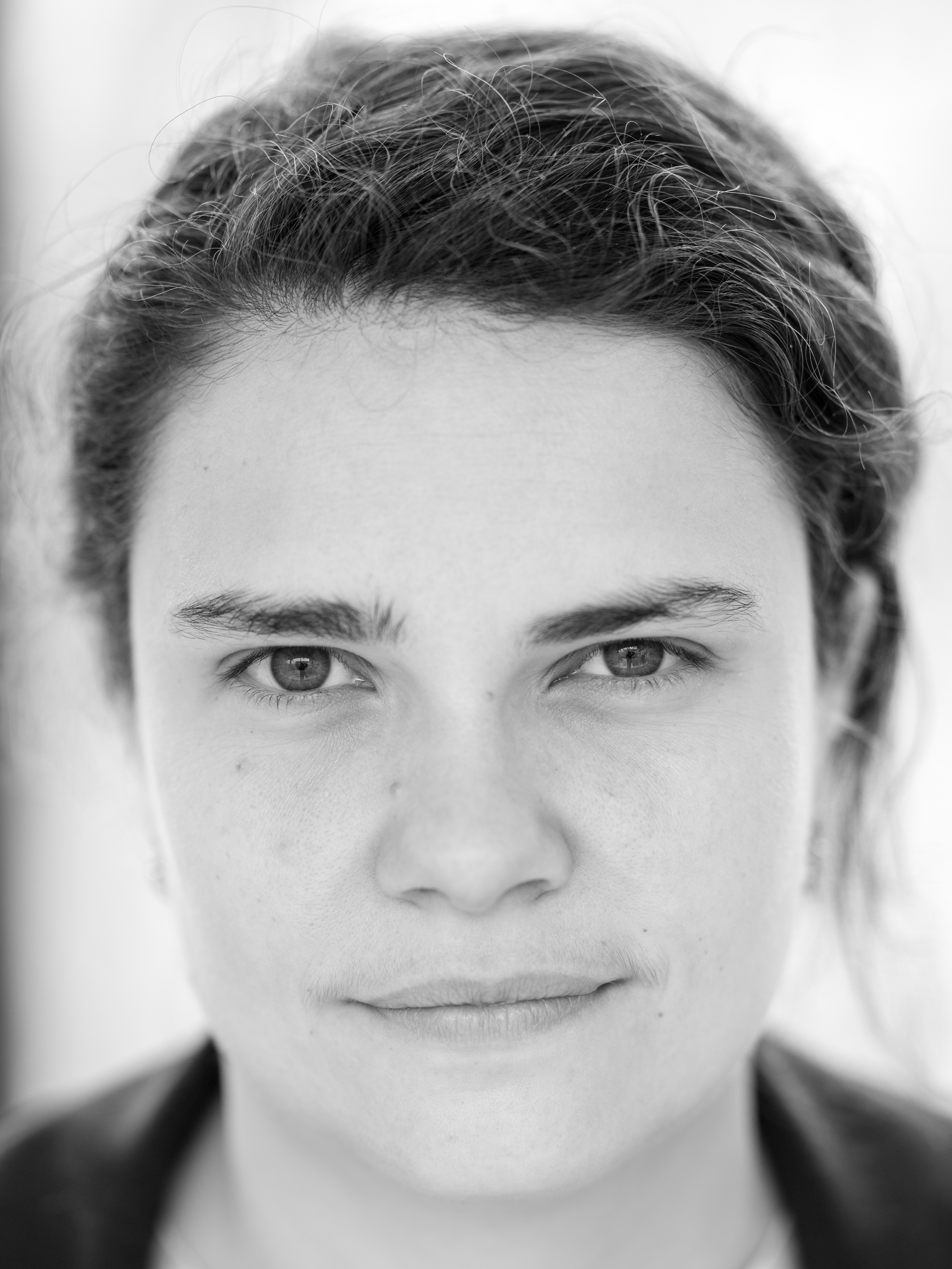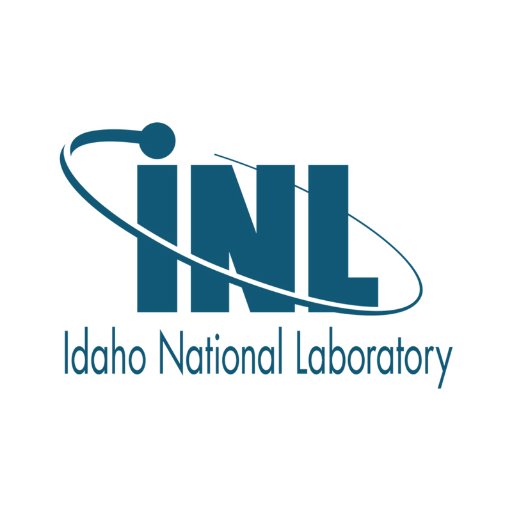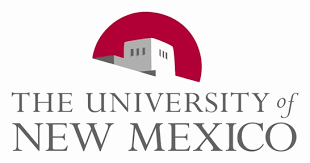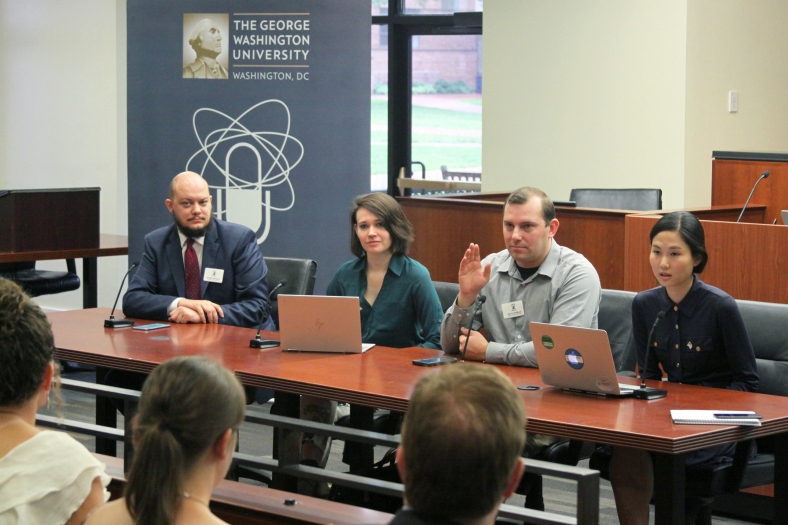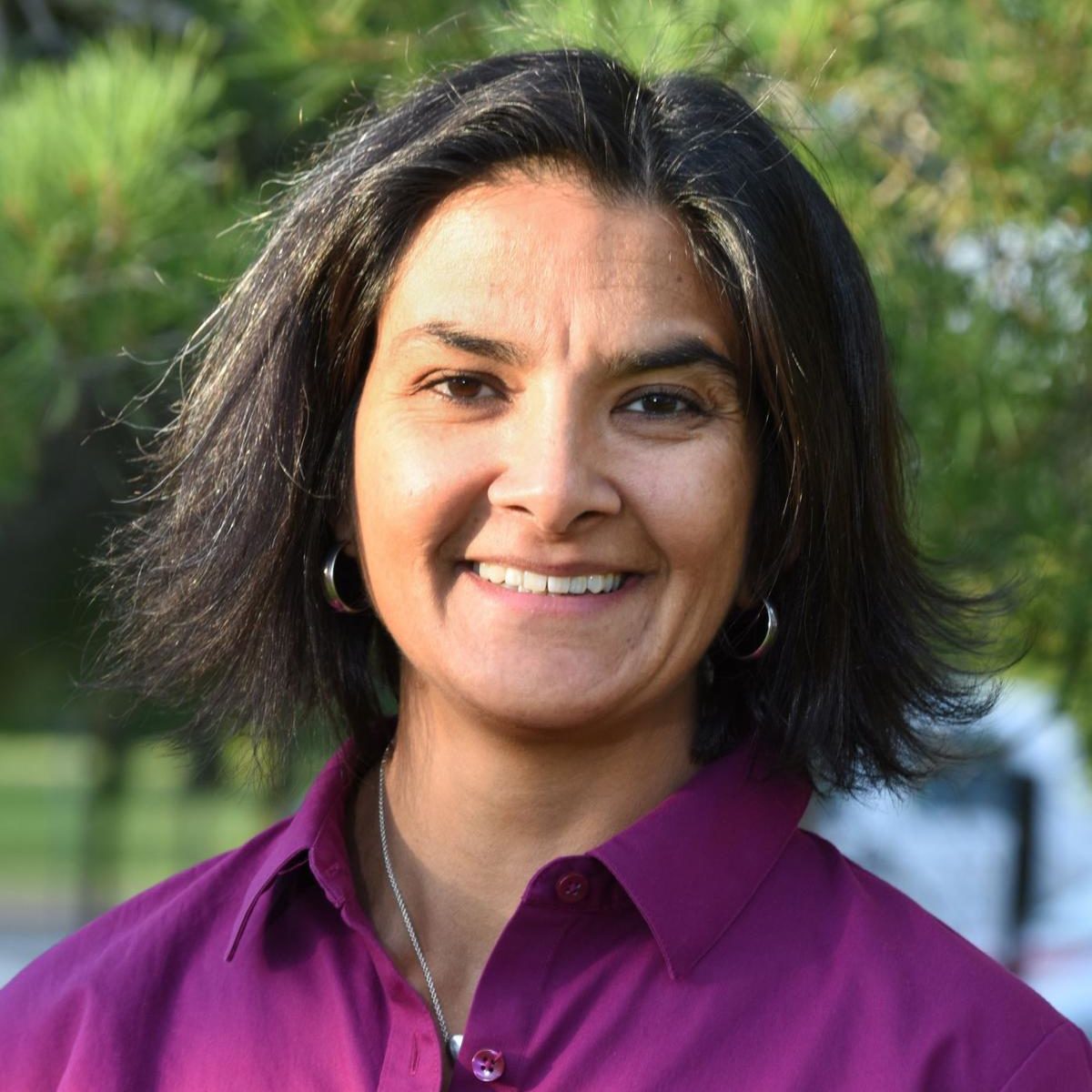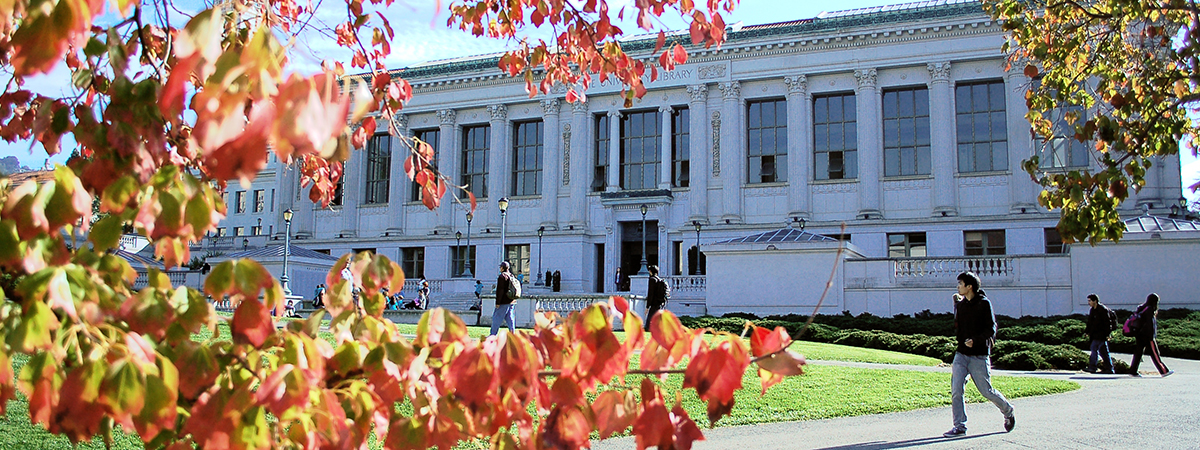Application for CASL Summer Institute 2019
February 4th, 2019

"The deadline for application for CASL Institute is March 15. Please encourage your students to apply.
CASL: The Consortium for Advanced Simulation of Light Water Reactors Education Program is excited to announce the registration for fourth annual CASL Summer Intensive. Please plan to join us at North Carolina State University in Raleigh, NC on August 5-16, 2019.
The Consortium for Advanced Simulation of Light Water Reactors (CASL) Institute will introduce participants to CASL and the Virtual Environment for Reactor Applications (VERA) framework and component codes. Through the CASL Institute, participants will receive instruction on radiation transport, thermal hydraulics, fuel performance, multi-physics coupling and sensitivity and uncertainty analysis. Over the course of the Institute, through both lecture and practical work sessions, participants will learn how to use individual component codes through the VERA framework (MPACT, COBRA-TF, and BISON ) will be able to run a variety of test problems. In addition, the Institute will include instruction on and practice in utilizing high performance computing resources. After successful completion of the Institute and meeting certification requirements by completing a team project, participants will earn the CASL-VERA Certificate. An overview of the current draft agenda is attached.
In order to participate for this innovative gathering please use the following link to apply for admission for the CASL Institute:
https://golinks.ncsu.edu/caslinstitute2019
This is an application and does not guarantee admission.
Application deadline is March 15. Students who are accepted to participate in CASL Institute 2019 will be informed by April 12.
If you have any questions or concerns, please feel free to contact Sherry Bailey at sbbailey@ncsu.edu or (919) 515-1897."
For more information: https://www.ne.ncsu.edu/news/2019/casl-institute-announcement/



